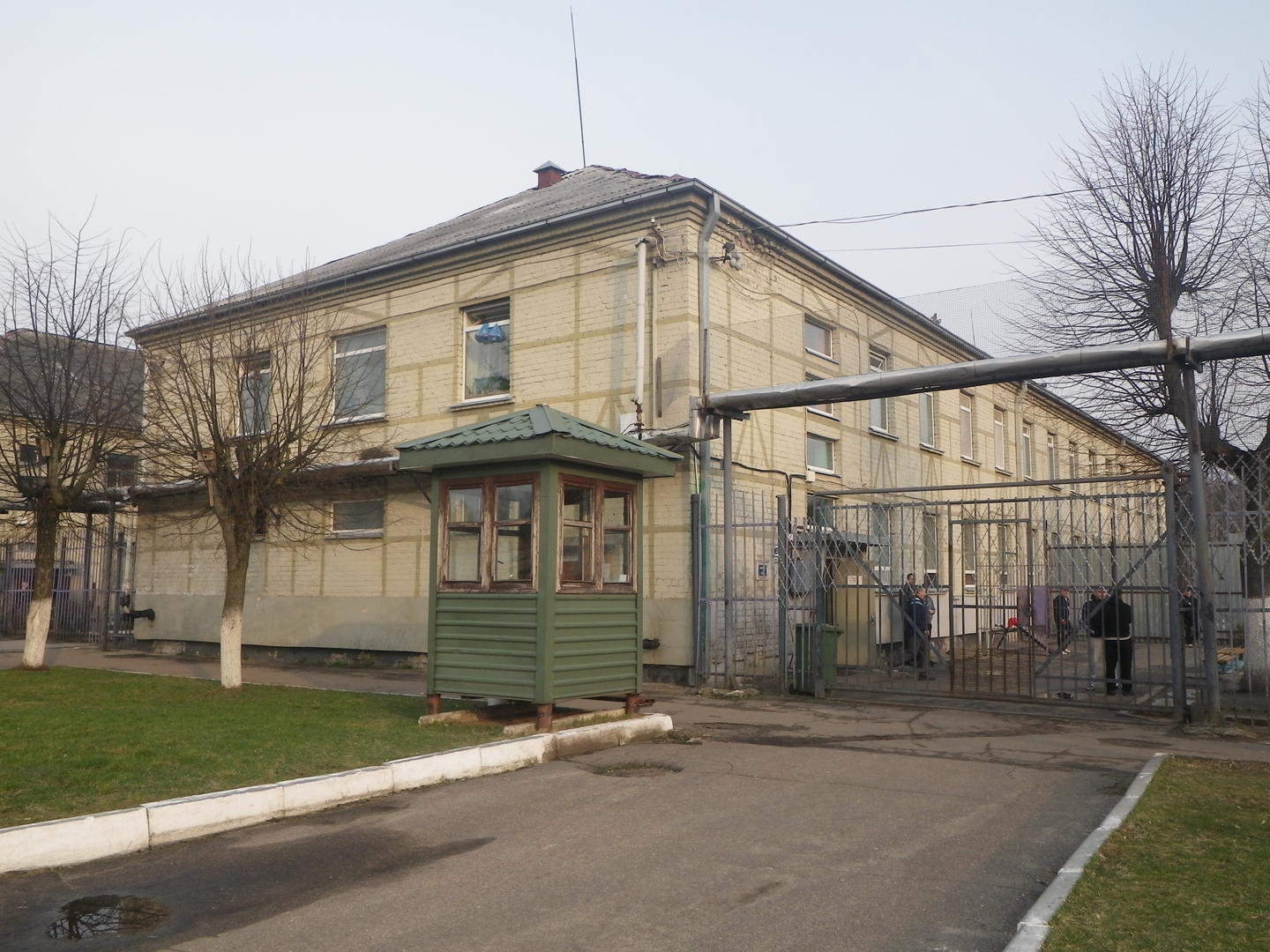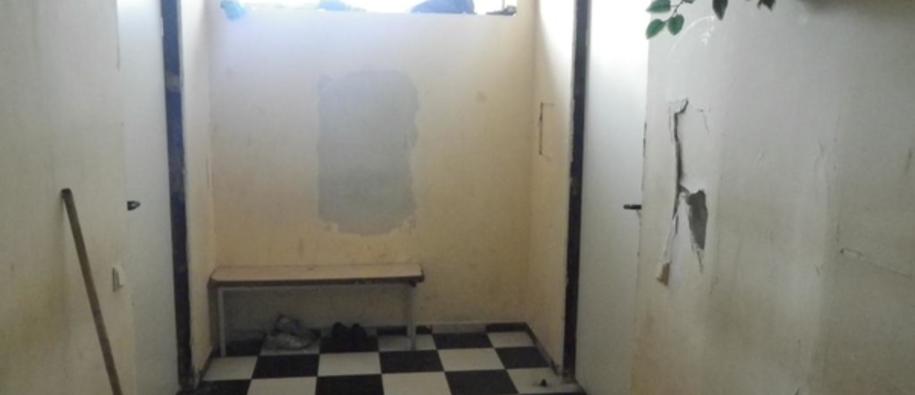According to the International Centre for Prison studies, more than 9 700 persons are serving time in Lithuanian prisons. This makes the Lithuanian prison population per capita the highest in the EU. The majority of the prisons were built decades ago, are overcrowded, and lack appropriate health care facilities. Not only does this lead to a higher risk of violence between inmates and the establishment of criminal subcultures, it also makes the security of the prison staff a serious concern.
“The lack of privacy makes the inmates feel insecure and increases the possibility of violence”, Rakštelis says.
To counter these challenges, Norway provides a total of € 7.7 million through the Lithuanian ‘Correctional services including non-custodial sanctions’ programme. The objective of the programme is to improve the alignment of Lithuanian correctional services to international and European norms and standards. Five pre-defined projects are underway in this programme. One project involves the reconstruction of Closed Prison Number 3 of Pravieniškės from a dormitory model (with up to 15 inmates in one room) into individual cells. More than €2.8 million is allocated to this project. Rakštelis expects the project to have a positive impact:
“Proper conditions will allow for better social re-integration of inmates,” he says.
Better for inmates – better for staff
The reconstruction of Closed Prison Number 3 of Pravieniškės is not the only component of the project. In addition to more modern facilities and security systems, a strong emphasis is also put on re-education of the prison staff. As a result of the project, 30 prison staff members will be re-educated to better interact with the inmates and handle social problems in prisons. In addition, there will be an increase in the number of social workers working directly with inmates.
“The empowerment of the prison staff is essential. Ultimately, we expect to see a considerable decrease in episodes of violence and aggression between the inmates,” Rakštelis outlines.
Mutual benefits
The Directorate of Norwegian Correctional Service (KDI) participates as the donor programme partner.
KDI has the responsibility for carrying out remands in custody and penal sanctions in Norway. The partnership between Norwegian and Lithuanian correctional services builds on already well-established cooperation from the previous funding period.
Harald Føsker, Director of International Cooperation at the KDI, stresses the importance of ethical standards in treatment of inmates in prison and training of prison staff.
“It is vital that we try to understand institutions and the people in those institutions”, he says.
Føsker points out that all correctional systems can improve and that cooperation is a useful tool to this aim. Rakštelis agrees with this notion:
“Knowledge, exchange of best practice and comparison of the penitentiary systems in both countries makes it easier to identify problems and find their solutions.”
Read more about programmes and projects in Lithuania by visiting their country page.

